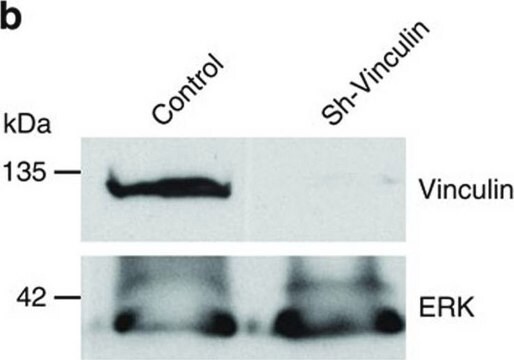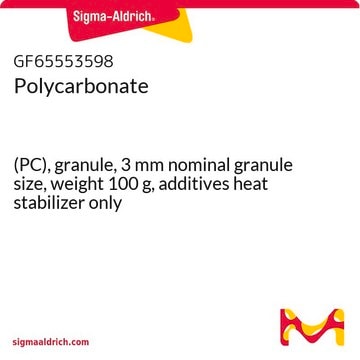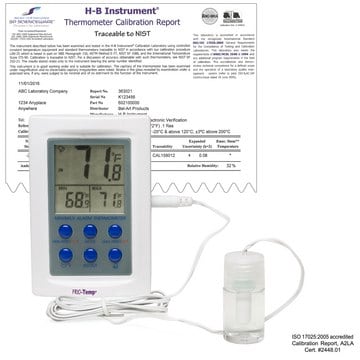추천 제품
분석
99.5%
형태
tubes
autoignition temp.
1400 °F
제조업체/상표
Goodfellow 536-517-96
저항도
2.6548 μΩ-cm
길이 × 벽 두께
1000 mm × 0.127 mm
O.D. × I.D.
1.42 mm × 1.166 mm
bp
2460 °C (lit.)
mp
660.37 °C (lit.)
density
2.7 g/mL at 25 °C (lit.)
SMILES string
[Al]
InChI
1S/Al
InChI key
XAGFODPZIPBFFR-UHFFFAOYSA-N
일반 설명
For updated SDS information please visit www.goodfellow.com.
법적 정보
Product of Goodfellow
Storage Class Code
13 - Non Combustible Solids
WGK
WGK 3
Flash Point (°F)
Not applicable
Flash Point (°C)
Not applicable
시험 성적서(COA)
제품의 로트/배치 번호를 입력하여 시험 성적서(COA)을 검색하십시오. 로트 및 배치 번호는 제품 라벨에 있는 ‘로트’ 또는 ‘배치’라는 용어 뒤에서 찾을 수 있습니다.
M A Santos et al.
Current medicinal chemistry, 19(17), 2773-2793 (2012-03-30)
This review is focused on recent developments on hydroxypyri(mi)dines, as aluminum and actinide chelating agents to combat the toxicity due to accumulations of these metal ions in human body resulting from excessive metal exposure. After a brief update revision of
C A Shaw et al.
Immunologic research, 56(2-3), 304-316 (2013-04-24)
We have examined the neurotoxicity of aluminum in humans and animals under various conditions, following different routes of administration, and provide an overview of the various associated disease states. The literature demonstrates clearly negative impacts of aluminum on the nervous
Maire E Percy et al.
Journal of inorganic biochemistry, 105(11), 1505-1512 (2011-11-22)
In 1991, treatment with low dose intramuscular desferrioxamine (DFO), a trivalent chelator that can remove excessive iron and/or aluminum from the body, was reported to slow the progression of Alzheimer's disease (AD) by a factor of two. Twenty years later
Stephen C Bondy
Toxicology, 315, 1-7 (2013-11-06)
Aluminum is one of the most common metal elements in the earth's crust. It is not an essential element for life and has commonly been thought of as a rather inert and insoluble mineral. Therefore, it has often been regarded
Ryan J Mailloux et al.
Experimental cell research, 317(16), 2231-2238 (2011-07-27)
Aluminum (Al) is a metal toxin that has been implicated in the etiology of a number of diseases including Alzheimer's, Parkinson's, dialysis encephalopathy, and osteomalacia. Al has been shown to exert its effects by disrupting lipid membrane fluidity, perturbing iron
자사의 과학자팀은 생명 과학, 재료 과학, 화학 합성, 크로마토그래피, 분석 및 기타 많은 영역을 포함한 모든 과학 분야에 경험이 있습니다..
고객지원팀으로 연락바랍니다.








